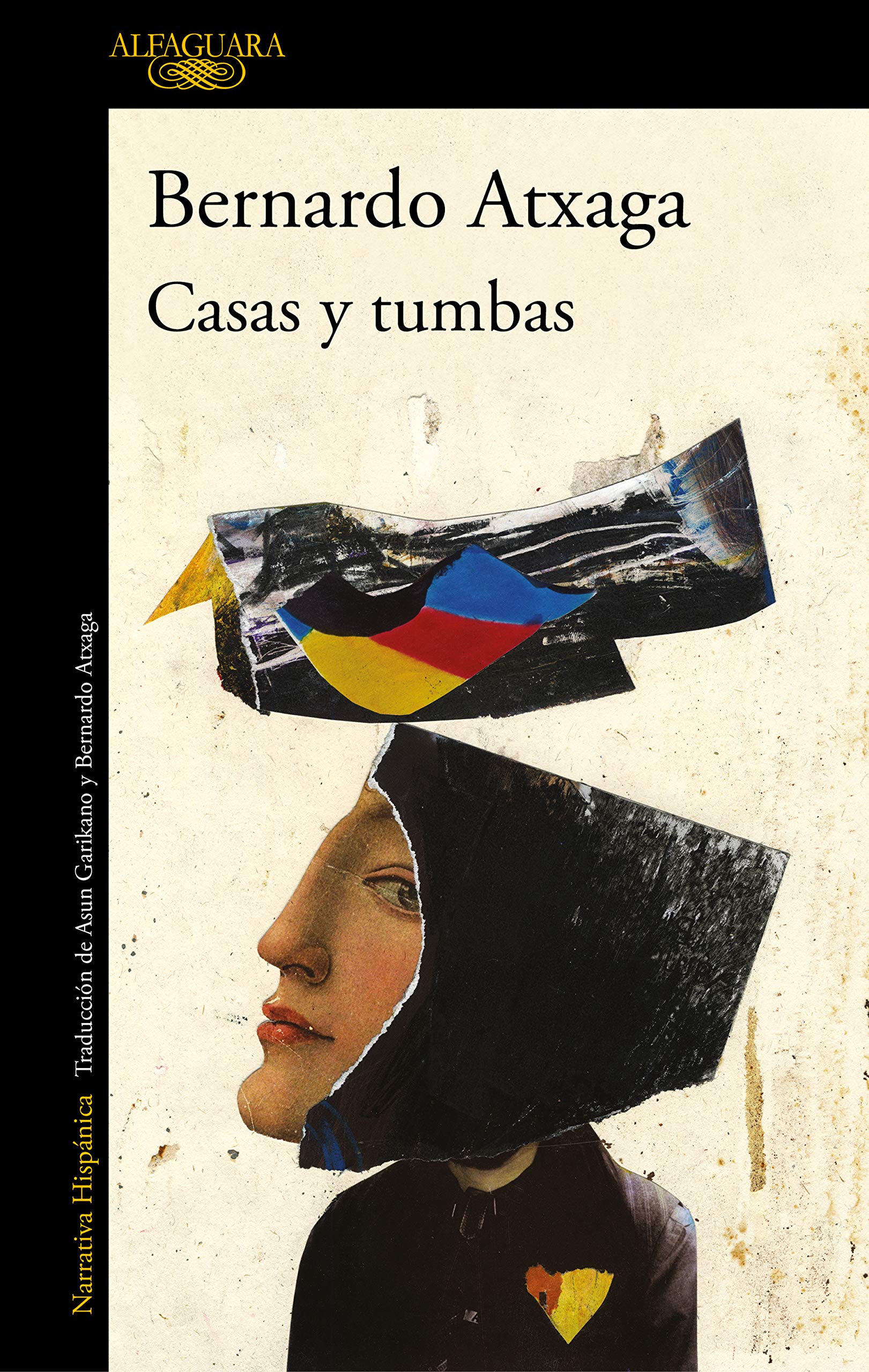A narrative imbued with poetry in which reality and fiction come together brilliantly. - From comments made by the Jury of the National Prize for Spanish literature.
The reader can once again discover Atxaga’s great poetic power, his incredible capacity to create entire profound and insightful universes. - El Correo newspaper
An exercise in literary jugglery. - ABC newspaper
Atxaga offers a remarkable and sprawling story of a friendship over five decades in the Basque country. . . . As the years go on, an intricate study emerges of what it means for the characters to rely on each other as they grow older. It’s a twisting and rewarding story, and one readers will savor until the lovely finish. - Publishers Weekly
[Atxaga's] voice, fluidly translated by Margaret Jull Costa and Thomas Bunstead, runs like a river, meandering across lives. . . . The result is a portrait of an entire Basque universe, in flux yet eternal. - Andy Tepper, The New York Times Book Review
Both expansive and intimate, straightforward and elliptical—described by Atxaga in languid, unadorned prose. . . . A quietly remarkable offering from the first name in Basque literature. - Kirkus Reviews
Atxaga has sought to delve into what makes us human, from the most sublime to the most terrible, passing through the full range of greys between both extremes. [...] This is possibly the freest and most playful of his works. - Antonio Lozano, La Vanguardia
«If we could flip over names in print as with stones in an orchard and see the life hidden beneath, we would discover that no two beings are the same.»
Bernardo Atxaga’s Water over Stones follows a group of interconnected people in the Basque town of Ugarte against the backdrop of Spain’s political transformations. It opens in the 1960s, when a young boy returns from a French boarding school. He’s been unable to speak since an incident at school, and his family and teachers hope some time at home will help him recover his speech. He’ll manage thanks to the friendship of twin brothers and a mysterious discovery in a mountain stream.
As the Franco regime nears its end, Ugarte experiences significant changes as the country opens up to modern times and inventions. Music, television, and technology will add to the complexities of adulthood that our characters will have to face. And when labor strikes shake the mining industry in the 1980s, they will also get entangled in a web of vengeance orchestrated by an enigmatic engineer.
In Water over Stones Atxaga’s weaves in classic themes like friendship, nature, and rebellion but with newfound richness and depth. Through his characters’ journeys, we’ll explore how lives, much like water, constantly adapt and go onwards, navigating through all the obstacles that life throws their way.
